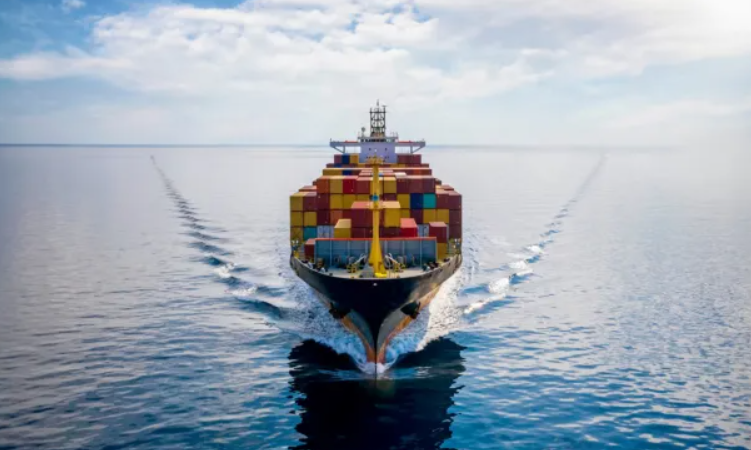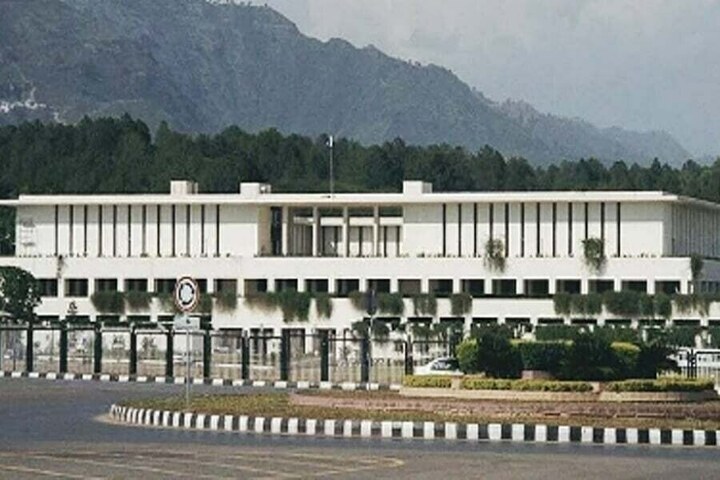By Sara Kosmajac
Copyright offshore-energy

A consortium comprising the Scottish Heriot-Watt University’s Industrial Decarbonisation Research and Innovation Centre (IDRIC), IT and business consulting firm CGI, and Maritime UK has clinched over £1 million (roughly $1.3 million) from the United Kingdom government to craft a new digital twin solution for cutting shipping emissions.
The funding was awarded via UK SHORE, the UK government’s flagship program dedicated to decarbonizing the maritime industry.
As disclosed, the new initiative—named MaritimeTwin—is part of CGI’s Sustainability Exploration and Environmental Data Science (SEEDS) program, which was one of the winners of the UK SHORE’s Clean Maritime Demonstration Competition’s sixth round (CMDC6). The endeavor will also include CGI’s solutions called CGI DataTwin360 and EcoHub.
The tripartite effort will aim to slash greenhouse gas (GHG) emissions from maritime transport by up to 15%.
To this end, the companies said that they would explore ‘advanced’ satellite and digital twin technology to ‘optimize’ shipping routes, improve fuel consumption, reduce the environmental impact and, in doing so, bolster the UK’s Clean Maritime Plan and net-zero ambitions.
According to CGI and Heriot-Watt University’s IDRIC, since the MaritimeTwin prototype is to rely on real-time data, it is expected to provide maritime stakeholders the option to predict weather patterns, ocean currents as well as port conditions.
More importantly, the prototype will reportedly be able to learn ‘continuously’, which is hoped to provide more precision via machine-learning algorithms.
“The MaritimeTwin initiative shows what can be achieved when we rethink every part of maritime technology – from engine design to IT systems,” said Neale Ryan, Head of Land & Maritime Transport at Innovate UK.
Ryan added that the digital twin system provided by CGI could play an important role in helping the UK and international vessels find lower-carbon routes and, as a result, achieve higher emission reductions.
With many new low-carbon solutions envisioned to be connected to the UK’s grid, the need for a digitized energy system has emerged as one of the vital links in the country’s climate neutrality vision and, by extension, its Energy Digitalisation Strategy.
Norway-based classification society DNV emphasized the potential of digital twins, in particular, and their role in helping the UK reach its net-zero goal; namely, in a June 2024 report, DNV spotlighted that the United Kingdom’s energy sector had ‘much to gain’ from this type of technology, though the organization also underscored that the path was not without risks—cybersecurity being one of them.
Because of this, representatives from DNV shared at the time that it was ‘pivotal’ for the UK to create a ‘national digital twin’ of its infrastructure to simulate and interconnect assets, processes, and systems—considered crucial for effective data sharing and integration—in order to try and mitigate the risks and reap the benefits of these emerging solutions.



